Dr. Gustavo Saposnik Written Commentary – A Short History of Progress in Sleep Apnea and Stroke
Title: A Short History of Progress in Sleep Apnea and Stroke
Author: Dr. Gustavo Saposnik, EiC, WSA
This article is a commentary on the following
“Sleep is that golden chain that ties health and our bodies together”
– Thomas Dekker (English dramatist, 1572-1632)
Commentary:
Sleep disorders are a prevalent medical condition in the general population. According to the American Sleep Association, 50 to 70 million of adults in the USA have a sleep disorder, half of them had obstructive sleep apnea (OSA) and 48.0% report snoring.1 The consequences of poor sleep quality include fatigue, irritability, anxiety, daytime dysfunction, slowed responses, and perpetuating mechanisms that leads to other disruptive behavior (e.g. increased caffeine, alcohol, smoking and food intake).2
Sleep disorders include insomnia, sleep apnea, rapid eye movement (REM) sleep behavior disorder, and circadian rhythm disorders. Sleep apnea is one of the most sleep disorders conditions. Obstructive sleep apnea, the most prevalent sleep apnea is manifested by a partial or complete interruption of airflow during sleep. It affects nearly 50% of patients with an ischemic stroke.3 In the present article,4 the authors provided a detailed review of the existing gaps in the diagnosis, management, and follow-up strategies of sleep apnea in stroke patients.
What have we learned about sleep apnea in patients with an ischemic stroke in the last two decades?
- The most common cause of sleep apnea is obstructive- also called Obstructive sleep apnea (OSA). It occurs when there is a change in the sleep pattern with hypopneas or apneas when the upper airway structures collapse.
- The diagnosis of OCA is based on the Apnea–hypopnea index (AHI) defined as the number of apnea and hypopnea events per hour of sleep. An AHI index greater than 15 per hour commonly measured with polysomnography.5
- Central sleep apnea after stroke is less common approximately affecting 8-12% of patients according to a meta-analysis (compared to <1% in the general population).6, 7
- Respiratory metrics (e.g. hypoxic burden and arousal index) other than the AHI may improve the accuracy in the diagnosis and outcome prediction.
- The authors report a wide range (20-86%) of the pooled prevalence of OSA depending on the population target (e.g. TIA vs post-stroke), acute vs. chronic setting and severity.3
- The most common factors associated with OSA in stroke patients (e.g. male sex, obesity,hypertension and diabetes) are similar to those reported in the general population.
- The authors proposed an algorithm for an effective screening, diagnosis and management of sleep apnea associated with stroke.
- Consequences of sleep apnea among stroke patients: The authors provided evidence regarding sleep apnea worsening stroke outcomes, the increased the incident risk of recurrent stroke, all cause mortality and an impaired functional recovery (including dementia).4, 8-10
- Respiratory (non-invasive ventilation, CPAP, or adaptative servo ventilation) and general recommendations (e.g. optimization vascular risk factors, sleep hygiene) are nicely summarized by the authors in a graph.
- Recent meta-analyses provided evidence on th benefits of CPAP functional outcomes (standardised mean differences 0.54, 95% CI 0.03–1.05).11
In summary, the present review article summarizes the advances on this topic. As highlighted by the authors several uncertainties remained. We need more sensitive metrics for the diagnosis of OSA and central sleep apnea, designing new diagnostic and therapeutic algorithms based on artificial intelligence models, and developing more cooperative approach integrating the expertise from respirologists, sleep medicine experts, stroke neurologists, academic organizations, patients with live experiences and policymakers.
References:
- Association AS. Sleep and Sleep Disorder Statistics. 2022.
- Nelson KL, Davis JE and Corbett CF. Sleep quality: An evolutionary concept analysis. Nursing forum. 2022;57:144-151.
- Bassetti CLA, Randerath W, Vignatelli L, Ferini-Strambi L, Brill AK, Bonsignore MR, Grote L, Jennum P, Leys D, Minnerup J, Nobili L, Tonia T, Morgan R, Kerry J, Riha R, McNicholas WT and Papavasileiou V. EAN/ERS/ESO/ESRS statement on the impact of sleep disorders on risk and outcome of stroke. Eur J Neurol. 2020;27:1117-1136.
- Baillieul S, Dekkers M, Brill AK, Schmidt MH, Detante O, Pepin JL, Tamisier R and Bassetti CLA. Sleep apnoea and ischaemic stroke: current knowledge and future directions. Lancet Neurol. 2022;21:78-88.
- Kapur VK, Auckley DH, Chowdhuri S, Kuhlmann DC, Mehra R, Ramar K and Harrod CG. Clinical Practice Guideline for Diagnostic Testing for Adult Obstructive Sleep Apnea: An American Academy of Sleep Medicine Clinical Practice Guideline. J Clin Sleep Med. 2017;13:479-504.
- Seiler A, Camilo M, Korostovtseva L, Haynes AG, Brill AK, Horvath T, Egger M and Bassetti CL. Prevalence of sleep-disordered breathing after stroke and TIA: A meta-analysis. Neurology. 2019;92:e648-e654.
- Dong R, Dong Z, Liu H, Shi F and Du J. Prevalence, Risk Factors, Outcomes, and Treatment of Obstructive Sleep Apnea in Patients with Cerebrovascular Disease: A Systematic Review. J Stroke Cerebrovasc Dis. 2018;27:1471-1480.
- Catalan-Serra P, Campos-Rodriguez F, Reyes-Nunez N, Selma-Ferrer MJ, Navarro-Soriano C, Ballester-Canelles M, Soler-Cataluna JJ, Roman-Sanchez P, Almeida-Gonzalez CV and Martinez-Garcia MA. Increased Incidence of Stroke, but Not Coronary Heart Disease, in Elderly Patients With Sleep Apnea. Stroke. 2019;50:491-494.
- Javaheri S, Barbe F, Campos-Rodriguez F, Dempsey JA, Khayat R, Javaheri S, Malhotra A, Martinez-Garcia MA, Mehra R, Pack AI, Polotsky VY, Redline S and Somers VK. Sleep Apnea: Types, Mechanisms, and Clinical Cardiovascular Consequences. J Am Coll Cardiol. 2017;69:841-858.
- Dunietz GL, Chervin RD, Burke JF, Conceicao AS and Braley TJ. Obstructive sleep apnea treatment and dementia risk in older adults. Sleep. 2021;44.
- Brill AK, Horvath T, Seiler A, Camilo M, Haynes AG, Ott SR, Egger M and Bassetti CL. CPAP as treatment of sleep apnea after stroke: A meta-analysis of randomized trials. Neurology. 2018;90:e1222-e1230.


